Both the forum and the training spanned three days and were held at the Belle Casa Hotel in Monrovia. The forum, which was held on September 19, 2018, brought together about 150 participants representing women farmers, leaders of women farmer cooperatives and networks, government, civil society, and research and academic institutions. During the Advocacy forum, challenges affecting women productivity, especially women in agriculture and entrepreneurship were discussed and the women also provided useful recommendations to help the government resolve their problems.
Serving as the official launcher of the advocacy forum, the Vice President of the Republic of Liberia, H.E. Jewel Howard Taylor lauded LIMPAC and the ACBF Team for organizing the forum and the two days training for women. She underscored the need for Liberians to prioritize agriculture because there are tremendous gains from agriculture financially and Liberia is well placed given its abundant fertile soil that is under-utilized. Vice President Taylor also urged Liberian women to encourage their children to get back to the soil so Liberia can be self-sufficient in food-production like Liberia were between 1960 and 1970. She also used the occasion to re-emphasize the need for the government of Liberia to re-operationalize the Agriculture Cooperative Development Bank (ACDB) to address financing challenges of the farmers, especially women in Agriculture.
For her part, the Deputy Minister for Budget and Development, Honorable Tanneh Brunson, on behalf of Minister Samuel D. Tweah, Jr. thanked the ACBF for the continued support to Liberia capacity building initiatives, recounting the ACBF recent support in establishing and operationalizing a econometric forecasting and training laboratory within the Ministry of Finance and Development Planning. She praised Liberian Business Women as being dynamic and more likely to be self-employed than men. She underscored that the result of the Liberian Civil War posed a serious challenge to the capacity building of women to enhance their skills in entrepreneurship. Deputy Minister Brunson also named other challenges faced by women as: limited financial infrastructure, restricted access to market, insufficient network to support women entrepreneurs, wide gender-gap, high gender segregation, poor access to credit for women, vulnerability to gender-based violence, lack of general representation of women businesses in wide business network like the Liberia Chamber of Commerce, etc. Consequently, Hon. Brunson proffered the following recommendations: a comprehensive and sensitive skill enhancement program for women entrepreneurship should be established, flexible business and skills training program should also be established, there should be mechanism for easy access to finance by women, integrated financial literacy training programs should be prioritized, and policymakers should seize the opportunity to address the obstacle that women face in the business arena through legislation and policy reforms.
On behalf of the ACBF, Mr. Dixon Antwi highlighted the significance of ACBF since its formation in 1991 by African Heads of State. He disclosed that the ACBF has spent about 700 million across the continent on the capacity building since its inception in 1991. Mr. Antwi stated that the essence of the forum and training was to provide opportunities for women and to discuss issues that impact the lives of women in order to evolve effective policies. He acknowledged the role of women and also lauded key actors who made the program to be possible. Mr. Antwi emphasis that the three days event is a pilot initiative in three African Countries, namely: Liberia, Malawi, and Rwanda. At the conclusion of the three days event, specific policy recommendations for consideration by policymakers towards enhancing the role of women farmers and their network would have been fully addressed in Liberia. Key recommendations include the establishment of Women Cooperative Bank and design and implementation of favorable policies for women agriculture and entrepreneurs.
During the two days training on leadership and entrepreneurship for the women in agriculture held on September 20-21, 2018, the Executive Director of LIMPAC, Mr. Del-Francis Wreh thanked the participants for attending the training and asked them to take advantage of the training courses for the benefit of their respective businesses and cooperatives. The training brought together about 125 participants representing more than 40 leaders of women cooperatives, and individual women farmers from thirteen (13) of the fifteen (15) political subdivisions in Liberia.
The women had interactive training sessions and were taught various skills in leadership, communications, and, listening. They were also taught marketing and business plan and how to sustain a business. Each of the participants received a certificate of participation at the end of two days from LIMPAC and ACBF Teams.
About the African Capacity Building Foundation (ACBF)
Established in 1991, ACBF’s mission is to build sustainable human and institutional capacity for sustainable growth, poverty reduction and economic transformation in Africa. The ultimate goal is to improve the lives and prospects of people throughout the African Continent. ACBF supports capacity development in Africa through grants, knowledge sharing and technical assistance to countries and regional and sub-regional organizations. ACBF’s approach to capacity development focuses on addressing capacity needs and gaps as well as on stakeholder ownership of interventions, project and program sustainability and synergy of interventions with other development funding institutions. For further information go to www.acbf-pact.org .
About the Arab Bank for Economic Development in Africa (BADEA)
The Arab Bank for Economic Development in Africa (BADEA) was established pursuant to the resolution of the 6th Arab Summit Conference at Algiers (28th November 1973). The Bank began operations in March 1975. BADEA is an independent international financial institution created for the purpose of strengthening economic, financial and technical cooperation between the Arab and African regions and for the embodiment of Arab-African solidarity on the foundations of equality and friendship. To achieve this end, the Bank was given the mandate to participate in financing economic development in African countries, stimulate the contribution of Arab capital to African development, and help provide the technical assistance required for the development of Africa.
About the Liberia Macroeconomic Policy Analysis Center (LIMPAC)
LIMPAC is a specialized unit within the Ministry of Finance and Development Planning. The Center has responsibility for policy analysis, research and training of public officials in macroeconomic related issues in Liberia. Leveraging its convening strength, LIMPAC mobilized key stakeholders such as women cooperatives and networks as well as key government officials and institutions to support the project. Another government institution that worked with LIMPAC to make the project successful is the Cooperative Development Agency of Liberia (CDA). This body has a mandate of registering and monitoring the activities of cooperatives throughout Liberia.

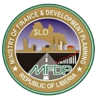
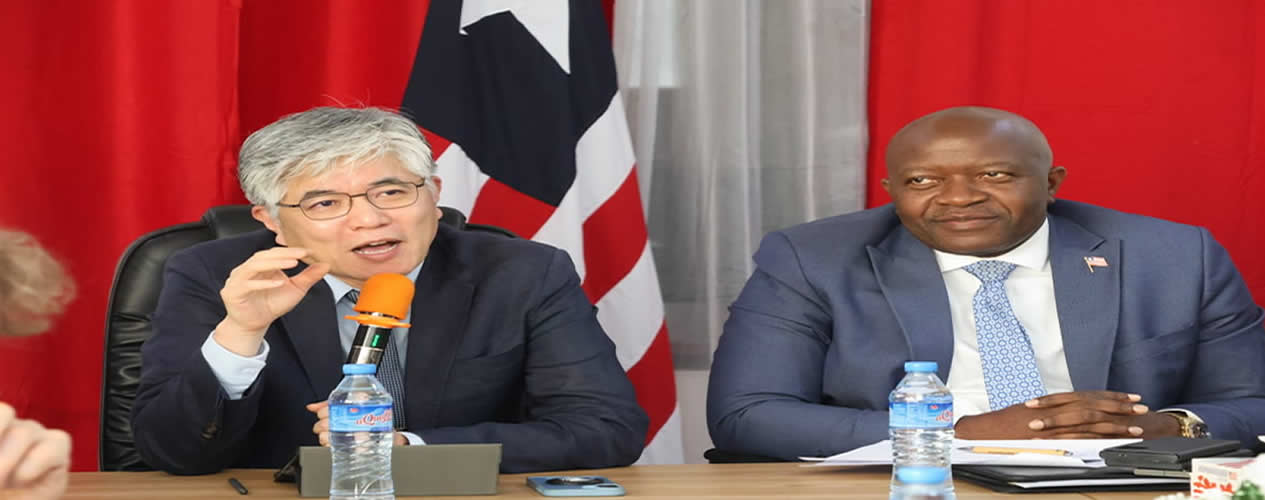
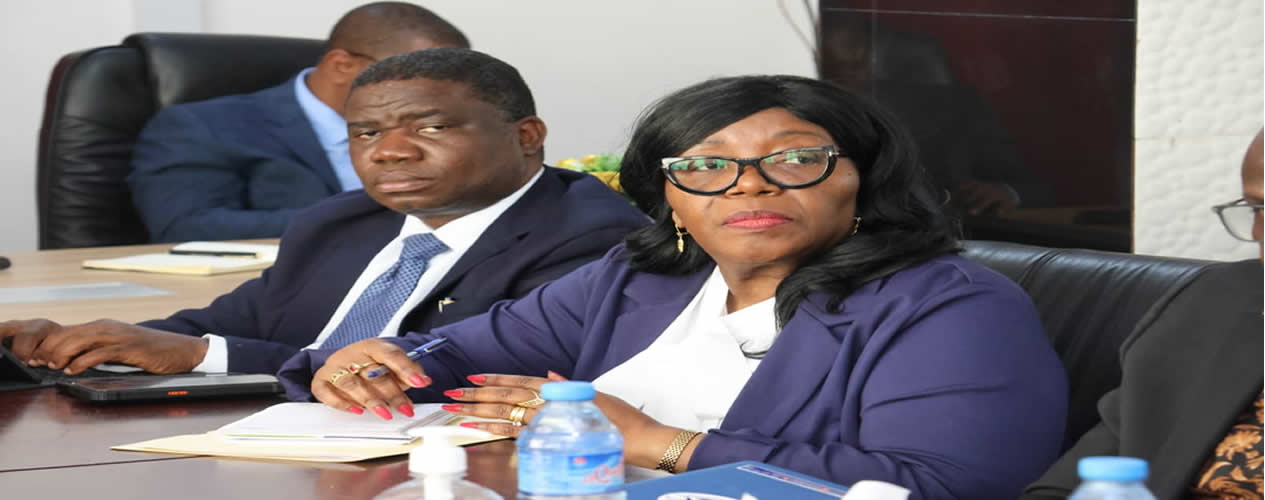
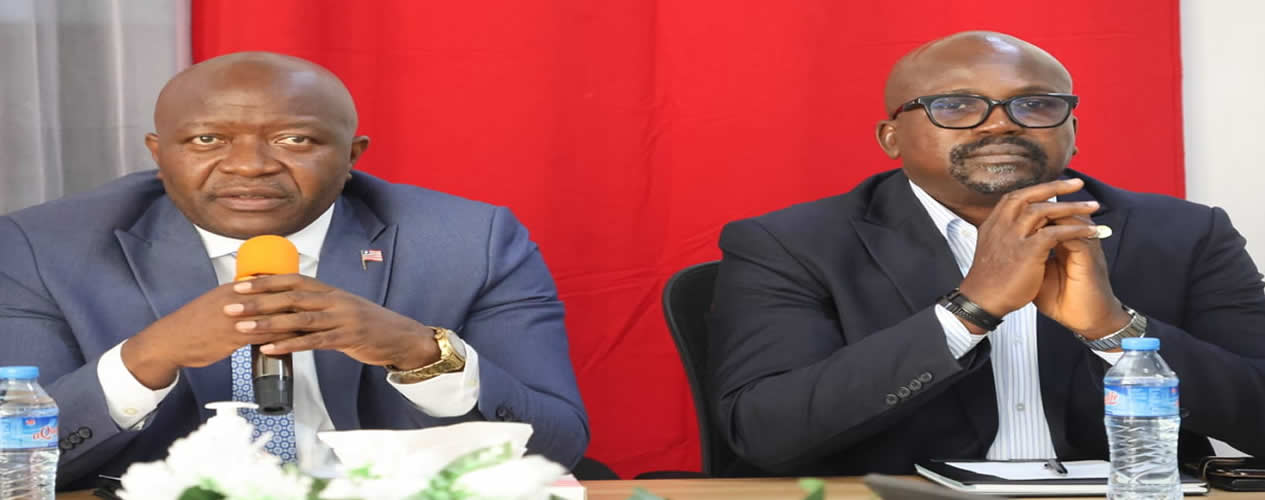
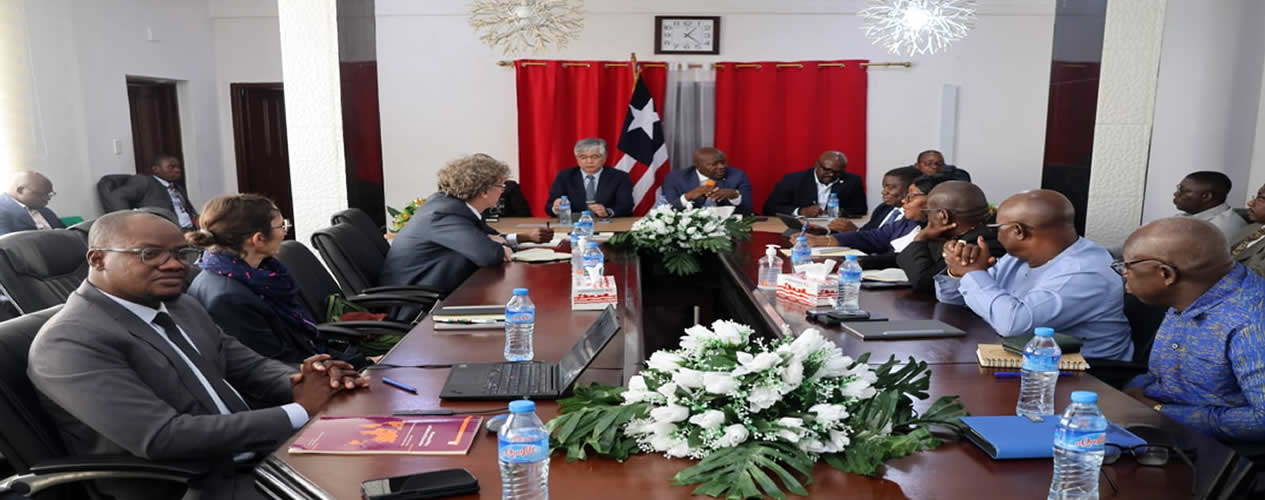
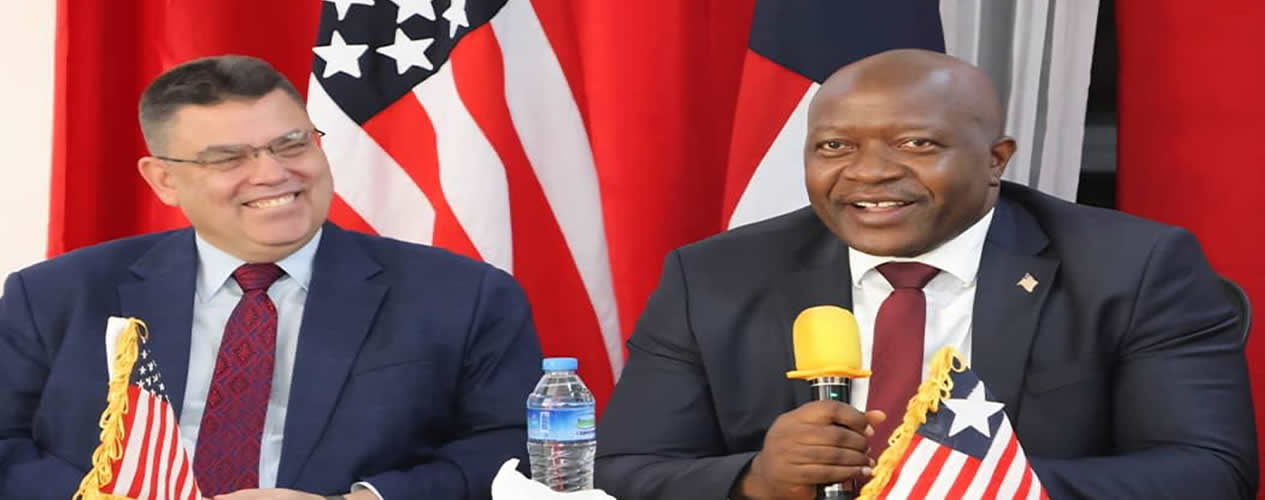
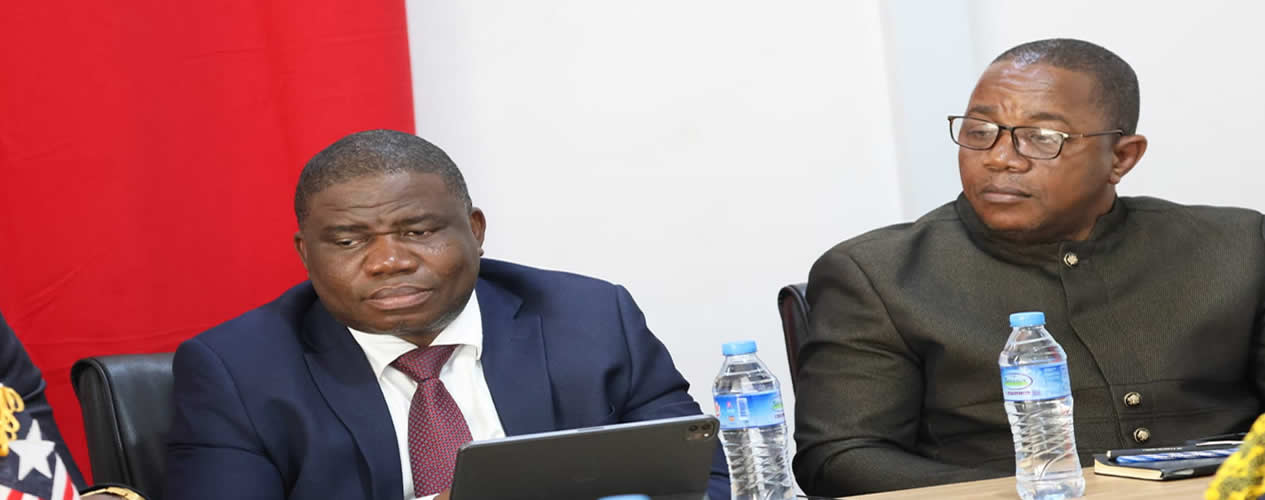
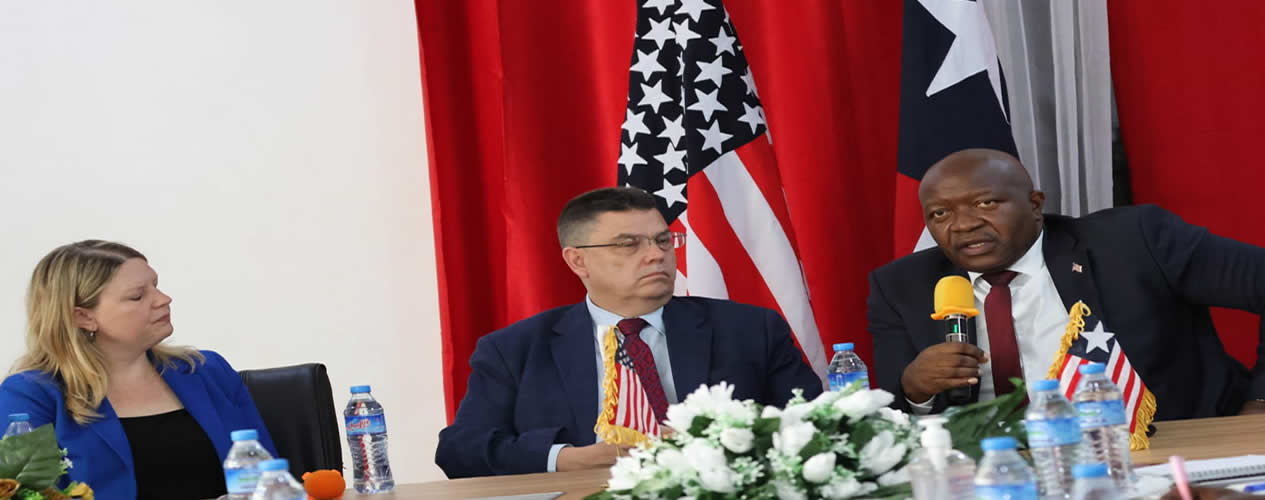
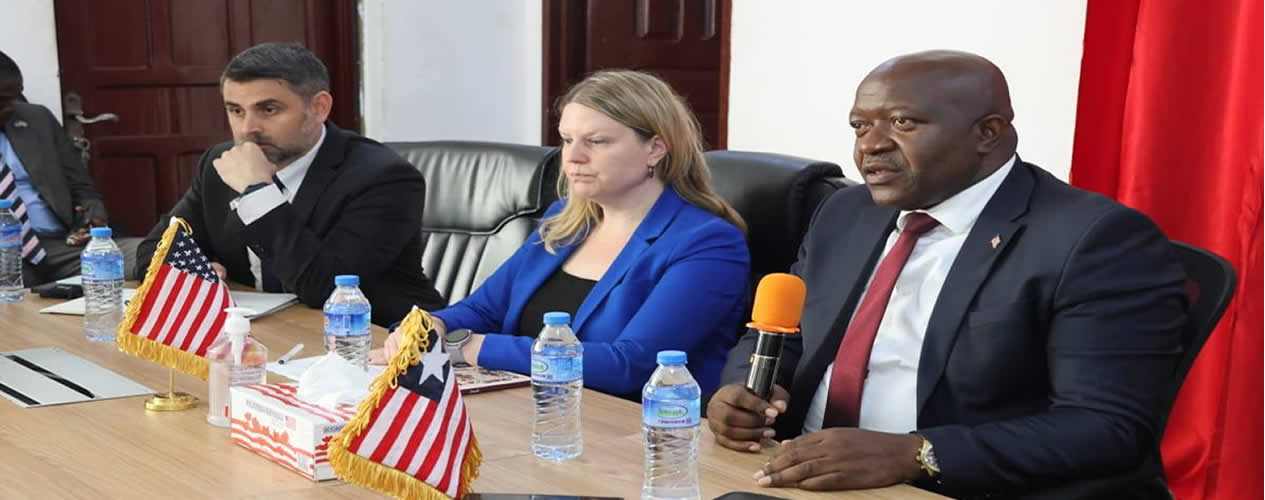
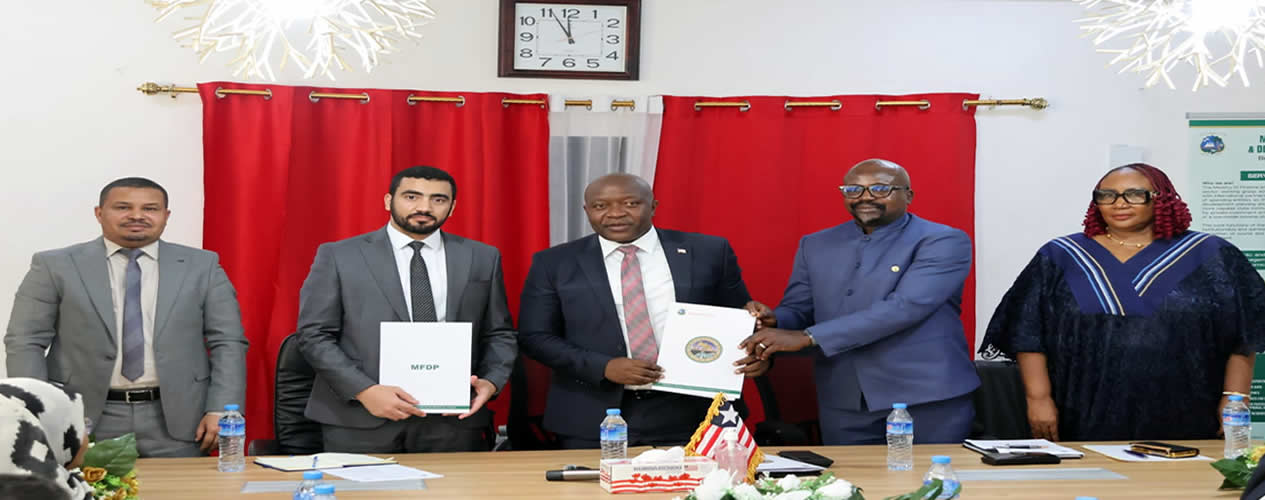
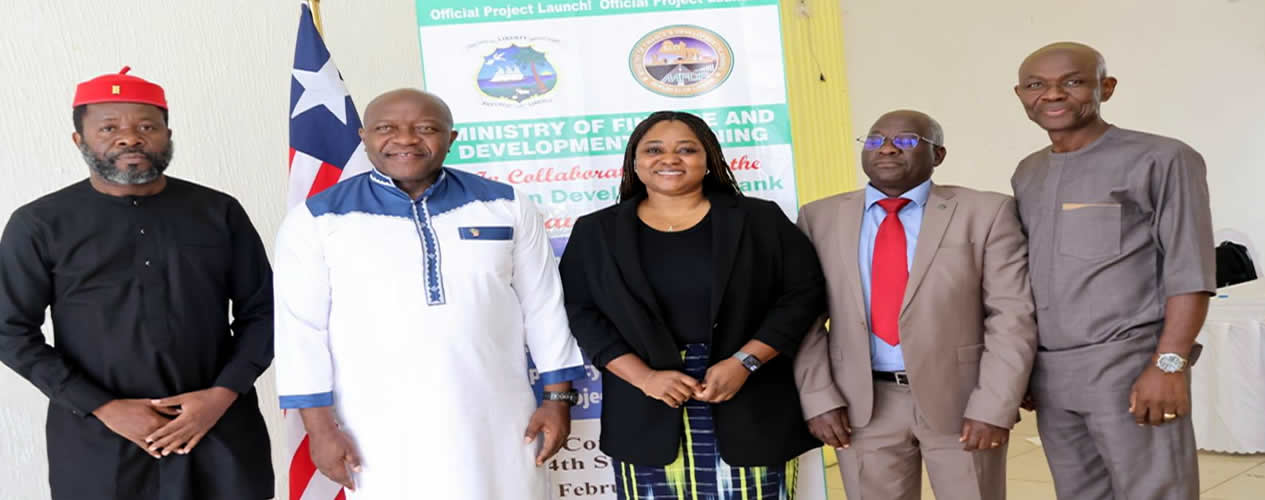
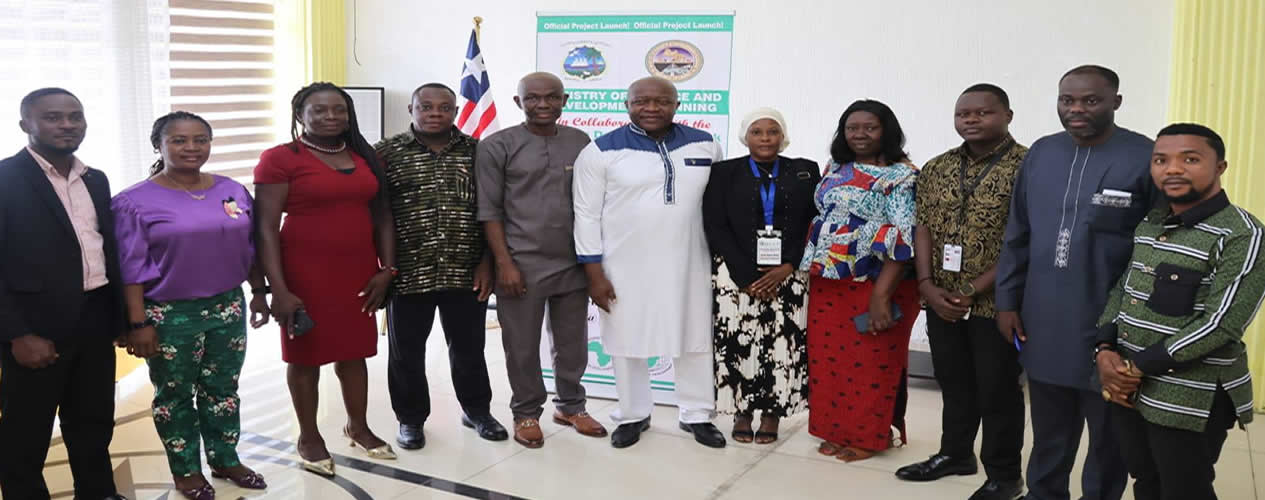
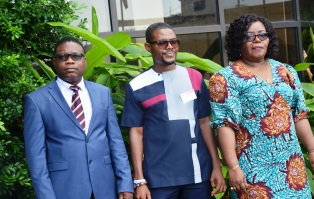 Monrovia, Liberia - With support from the African Capacity Building Foundation (ACBF) and the Arab Bank for Economic Development in Africa (BADEA), the Liberia Macroeconomic Policy Analysis Center with the Ministry of Finance and Development Planning has successfully completed three days events for the empowerment of Liberian Women in agriculture and women entrepreneurs. The three days event included a one-day Policy Advocacy Forum and two days leadership training for women agriculture cooperatives and women entrepreneurs. According to ACBF, the objective of the events is to promote sustainable agriculture in Africa with women at the forefront of the project: Empowerment of Women in Agriculture (EWA). The events are piloted in three African countries; Liberia, Rwanda, and Malawi.
Monrovia, Liberia - With support from the African Capacity Building Foundation (ACBF) and the Arab Bank for Economic Development in Africa (BADEA), the Liberia Macroeconomic Policy Analysis Center with the Ministry of Finance and Development Planning has successfully completed three days events for the empowerment of Liberian Women in agriculture and women entrepreneurs. The three days event included a one-day Policy Advocacy Forum and two days leadership training for women agriculture cooperatives and women entrepreneurs. According to ACBF, the objective of the events is to promote sustainable agriculture in Africa with women at the forefront of the project: Empowerment of Women in Agriculture (EWA). The events are piloted in three African countries; Liberia, Rwanda, and Malawi.